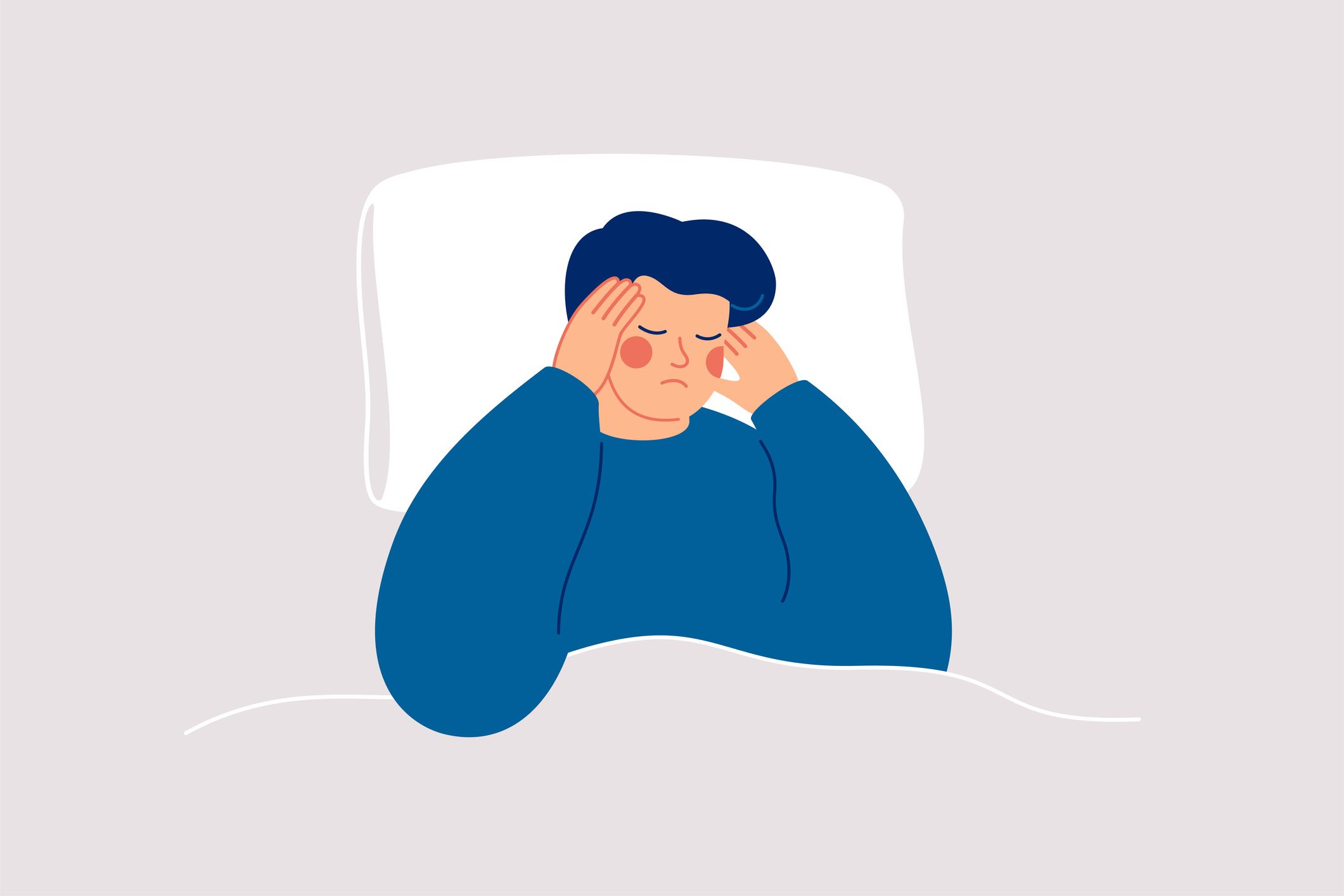Sleep anxiety is a complex phenomenon characterized by heightened stress levels, racing thoughts, and an inability to achieve restful sleep. This pervasive issue often stems from a combination of psychological and physiological factors, making it crucial to explore its nuances for effective management.
The Vicious Cycle: Anxiety and Sleep Deprivation:
The relationship between sleep anxiety and sleep deprivation is reciprocal, each fueling the other. Chronic sleep anxiety can lead to prolonged periods of wakefulness, negatively impacting mental and physical health. Understanding this interconnected cycle is vital to breaking free from its grip and restoring healthy sleep patterns.
Identifying Triggers:
Recognizing triggers is a key step in addressing sleep anxiety. Work-related stress, relationship issues, or major life changes can all contribute. Encouraging individuals to maintain a sleep journal can help pinpoint specific triggers, fostering a deeper understanding of the factors influencing their sleep quality.
Creating a Sleep-Inducing Environment:
Optimizing the bedroom environment is essential for mitigating sleep anxiety. Dimming lights, minimizing noise, and selecting comfortable bedding are practical steps. Introducing calming elements like aromatherapy, soothing colors, and white noise can transform the sleep space into a tranquil haven conducive to relaxation.
Establishing a Bedtime Routine:
Consistent bedtime routines signal to the body that it’s time to wind down. Activities such as reading, gentle stretching, or mindfulness exercises can be incorporated into pre-sleep rituals. This deliberate approach helps prepare the mind and body for a restful night.
Cognitive Behavioral Therapy for Insomnia (CBT-I):
Cognitive Behavioral Therapy for Insomnia (CBT-I) is a proven therapeutic approach for managing sleep anxiety. By addressing negative thought patterns and restructuring beliefs about sleep, individuals can break the cycle of anxious thoughts and develop healthier sleep habits. Techniques like sleep restriction further contribute to improving sleep quality.

Relaxation Techniques:
Various relaxation methods can serve as effective tools for calming the mind and body before bedtime. Deep breathing exercises, progressive muscle relaxation, and guided imagery are accessible techniques that promote relaxation and alleviate sleep anxiety.
Seeking Professional Help:
For those struggling with persistent issues, seeking professional help is a crucial step. Consulting with healthcare professionals, therapists, or sleep specialists provides personalized guidance and support. Discussions about potential medication options should always be conducted under professional supervision.
Conclusion:
In conclusion, understanding and managing this issue requires a multifaceted approach. By identifying triggers, implementing lifestyle changes such as choosing the right mattress, and seeking appropriate support, individuals can break the cycle of sleep anxiety and pave the way for a more restful and rejuvenating sleep experience. Taking proactive steps toward better sleep contributes not only to improved mental health but also to overall well-being.








